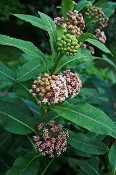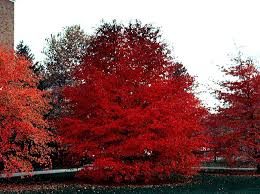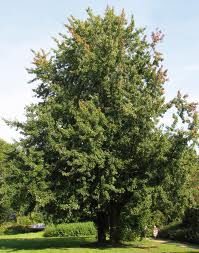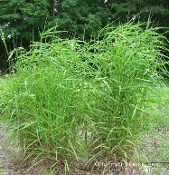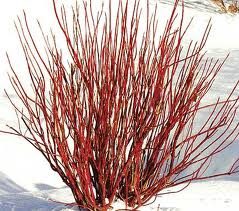$7.50
Virginia Ecotype !
Asclepias syriaca, Common Milkweed, Organically Grown Native Perennial Plugs, Native Wildflowers, Native Pollinator Support Plants
There is a required minimum purchase of 5 individual plant plugs for this species. There are 50 individual plant plugs of this species in a tray.
Wholesale pricing is based on quantity. The cost PER individual plant is:
5 or more $7.50 each
25 or more $3.50 each
50 or more $1.60 each
300 or more $1.50 each
500 Or more please Call
For Shipping, Planting and additional FAQ’s please see “About our organically grown native plug trays “.
See all available Native Perennial Grasses & Organically Grown Plug Trays
Order Minimum
There is a minimum order total of $150.00.
before tax (VA residents only) and shipping.
There are NO EXCEPTIONS.
Description
Asclepias syriaca, Common Milkweed, Organically Grown Native Perennial Plugs, Native Wildflowers, Native Pollinator Support Plants
Attractive Flowers:
Average – Dry soil:
Average well drained soil:
Beneficial Insects:
Butterflies:
Clay Soil- High clay content, fine texture:
Deer Resistant:
Drought Tolerant:
Drought tolerant:
FACU – Usually occur in non-wetlands, but may occur in wetlands:
Herbaceous plant:
High Wildlife Value:
Hummingbirds:
Loamy Soil- mostly silt, sand, some clay:
Native to Coastal Regions:
Native To Mountain Regions:
Native to Piedmont Regions:
Perennial:
Pollinator support:
Small Mammals:
Songbirds:
UPL- Almost never occur in wetlands:
Wildflower:
Full Sun:
Asclepias syriaca, commonly called common milkweed, butterfly flower, silkweed, silky swallow-wort, and Virginia silkweed, is a species of flowering plant. It is native to southern Canada and much of the United States east of the Rocky Mountains, excluding the drier parts of the prairies.
The Common Milkweed is the plant that most people associate with the word “milkweed”. This is a tall and conspicuous species that sometimes forms large clones. The umbels bear large balls of pink to purplish flowers that have an attractive odor. This species is known to form hybrids with both A. exaltata (in the east) and A. speciosa (in the west). Follicles split open in the fall and early winter dispensing wind borne seeds. Among the milkweeds, this species is the best at colonizing in disturbed sites. Within its range it can be found in a broad array of habitats from croplands, to pastures, roadsides, ditches and old fields. It is surprisingly rare in prairies in the Midwest being found mostly in disturbed sites within these habitats.
Benefit
Use Food: According to the Field Guide to Medicinal Wild Plants or Edible Wild Plants, common milkweed is edible only under certain circumstances. Boiling can eliminate the bitter taste and toxicity of the sap, but this must be done very carefully to avoid the toxins. Eating milkweed is not recommended.
Use Other: Native Americans used this species as a source of fibers and during the Second World War children in the northern states were encouraged to collect the seed pods that were processed for the coma, or floss, which was used for flotation in life vests. Today the coma is harvested for use in pillows and comforters.
Warning: Poisonous parts include milky sap from leaves, stems. Toxic only in large quantities. Symptoms include vomiting, stupor, weakness, spasms by ingesting other species; need careful identification. Toxic Principle: Resinoid, cardiac glycoside in other species (Poisonous Plants of N.C. State).
Conspicuous Flowers: yes
Fragrant Flowers: yes
Attracts: Butterflies
Larval Host: Monarch
Poisonous: yes
Value to Beneficial Insects
Special Value to Native Bees
Special Value to Bumble Bees
Special Value to Honey Bees
Supports Conservation Biological Control
Asclepias syriaca, Common Milkweed, Organically Grown Native Perennial Plugs, Native Wildflowers, Native Pollinator Support Plants
You may also like…
-
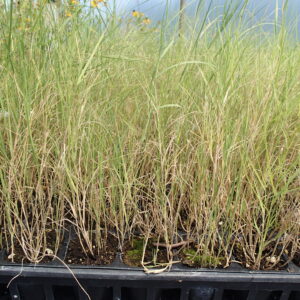
About Organically Grown Native Plug Tray material, now available for preordering.
$0.00 Add to cart -
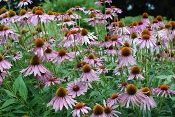
Echinacea purpurea, Eastern purple coneflower, Organically Grown Native Perennial Plant Plugs
$7.50 Add to cart -
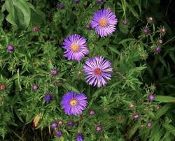
Symphyotrichum novae-angliae, New England Aster, Wholesale Native Perennial Plant Plugs, Organically Grown
$7.50 Add to cart -
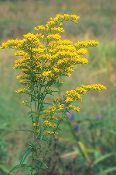
Solidago odora, Sweet Goldenrod, Native Perennial Plant Plugs, Organically Grown
$7.50 Add to cart
